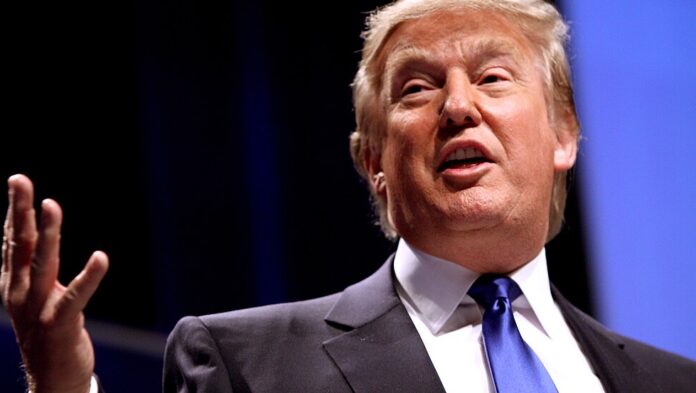Israel backs off further Iran strikes after Trump insists on ceasefire and return of Israeli pilots
Israel has halted its military escalation against Iran following direct pressure from U.S. President Donald Trump, who urged Israeli leaders to honour the ceasefire deal he brokered and “bring their pilots home.”
On Tuesday, Israeli Defence Forces (IDF) chief Lt. Gen. Herzi Halevi declared that “the campaign against Iran is not over” but confirmed that operations were pausing as the ceasefire, negotiated by the U.S. and Qatar, came into effect. The decision marks a critical moment in the 12-day conflict that saw missile exchanges, covert drone attacks, and targeted strikes on nuclear infrastructure.
The conflict began on 13 June, when Israel launched targeted airstrikes on Iranian nuclear sites in Fordow, Natanz and Isfahan. The action prompted Iran to retaliate with a barrage of 14 missiles aimed at Al Udeid Air Base in Qatar, a key American military installation. No casualties were reported, and Qatari authorities confirmed all missiles were intercepted.
On 22 June, the U.S. entered the fray under “Operation Midnight Hammer,” with air and sea-launched munitions striking Iranian nuclear facilities. Trump declared the attacks a “total success” and claimed Iran’s nuclear ambitions had been “obliterated.”
Embed from Getty ImagesHowever, internal U.S. intelligence reports contradicted this. A preliminary assessment by the Defence Intelligence Agency (DIA), leaked to CNN, suggested the strikes had set Iran’s nuclear programme back by months, not years. Core infrastructure and enriched uranium stockpiles were reportedly moved before the attack, limiting the damage.
Despite this, Trump publicly condemned any attempt to resume hostilities. “Israel, do not drop those bombs,” he wrote on Truth Social, directly addressing Prime Minister Benjamin Netanyahu. He framed the campaign as completed, saying he had “achieved his objective” and declared the war over.
Steve Witkoff, Trump’s special envoy to the Middle East, insisted the DIA’s report was false. Speaking to The Ingraham Angle, Witkoff said: “It’s almost impossible for Iran to restart its nuclear programme. Most of the centrifuges were damaged or destroyed.” He labelled the intelligence leaks “treasonous” and demanded an investigation into how the information became public.
Israel initially accused Iran of violating the ceasefire after the missile launch on Qatar, but it now appears both sides are stepping back, at least temporarily. The ceasefire, while fragile, is holding under Trump’s intervention, with both Iran’s President Masoud Pezeshkian and Netanyahu publicly claiming victory to appease domestic audiences.
The episode underscores the delicate balancing act between diplomacy and deterrence. Qatar’s foreign ministry condemned Iran’s missile launches but also praised the ceasefire as “vital to regional stability.”
Meanwhile, the political fallout in the U.S. continues. Congressional leaders criticised the Trump administration’s decision to delay a classified Iran briefing. Rep. Mike Quigley (D-Illinois) said the administration was “avoiding embarrassment” after intelligence painted a less successful picture than Trump had claimed.
Tensions remain high, and many analysts fear that the ceasefire could collapse if either side acts rashly. But for now, Israel’s jets remain grounded, and the region’s leaders are watching cautiously, unsure whether this is a pause or merely the eye of the storm.
